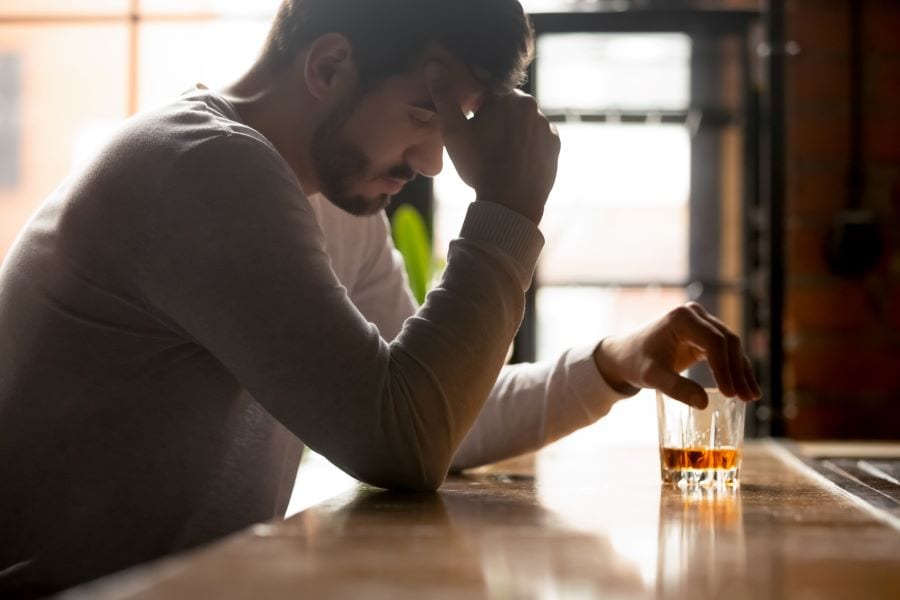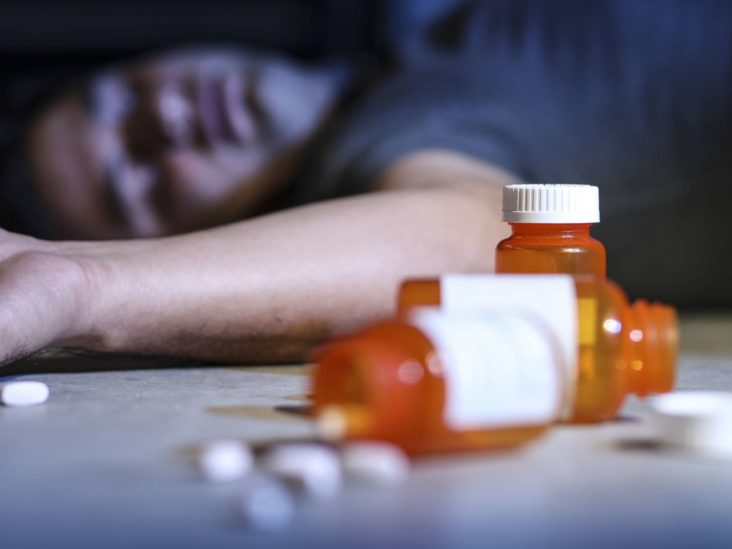What are the different types of addiction? What causes each type of addiction? Do you or someone you know have an addiction, but aren’t sure what kind it is? These questions and more are answered below in this guide to the different types of addiction, whether it’s drugs or alcohol, as well as the substance-specific therapies available to treat them. Let’s get started!
Table of Contents
Treatment Options
There are several different treatment options available for addicts, but they typically fall into three categories: inpatient drug rehab, outpatient rehab and intervention. Inpatient rehab is when a person lives at a treatment facility for a period of time—usually between 30 days and six months—while receiving addiction treatment. Outpatient therapy allows individuals to continue living at home while attending regular meetings with their therapist. Interventions are sometimes used as part of outpatient therapy; these involve family members confronting an addict with their problems and demanding that they seek help.
Understanding the Signs of Addiction
If you’re concerned about a loved one, it’s best to be aware of some common warning signs and how they relate to different types of addiction. If your loved one is struggling with drugs or alcohol addiction, it’s vital that you know how to support them. If not treated, these conditions can lead to depression, social isolation and even suicide. And that’s why you need to learn more about what your loved one is going through. The following are some warning signs that might indicate drug or alcohol abuse: physical changes (e.g., withdrawal symptoms), risky behaviour, unexplained financial trouble, mood swings and lack of motivation for important responsibilities.

Main Signs of Addiction
According to Harvard Medical School, these are some of the most common signs that a person is struggling with addiction: Drug or alcohol dependence. The person spends more and more time getting, using, and recovering from drugs or alcohol; for example, a person might spend all day looking forward to a night out drinking with friends and use all day getting ready for it. That night on which he looks forward to so much may seem exciting at first but will ultimately disappoint him (for example, because his drinking makes it impossible for him to find steady work). In short, he can’t stop using and can’t stop hoping that someday soon things will change. Irresponsibility.
Psychological Dependence vs Physical Dependence
Psychological dependence occurs when a person craves, strongly desires, or has an intense urge to use a substance for non-medicinal purposes. It’s something like a bad habit you just can’t kick, but it can also lead to physical dependence and addiction if used long enough. Psychological dependence is usually seen with drugs that are traditionally used recreationally (e.g., cocaine, marijuana, amphetamines). Physical Dependence: Physical dependence occurs when a person becomes dependent on something in order to function normally and without negative side effects. If you suffer from sleep problems because you drink coffee every morning or your hands tremble without that shot of whiskey in your coffee, then you’re most likely physically dependent on whatever it is you use.

